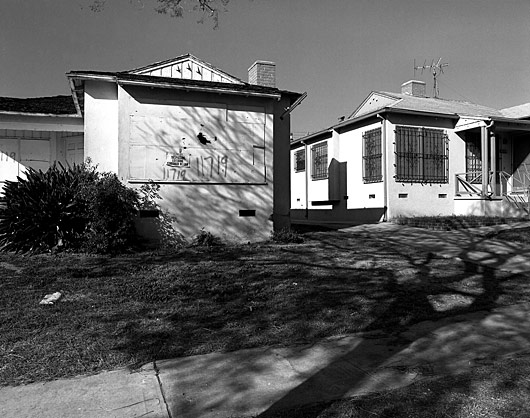
With so much collective attention on the Presidential race and the long list of 11 statewide propositions on next month’s ballot, it’s easy to overlook the many local measures also in front of voters.
According to a report produced for the League of California Cities, there are over 350 local measures on the November 6th ballot throughout the state. About two-thirds of those measures (237) aim to generate local revenue through taxes, bonds, or fees. The report finds this on par with the last two presidential elections: 233 revenue measures on the ballot in November 2008 and 249 measures in November 2004.
What the numbers don’t show is that the need for local revenue is more urgent than ever. From budget deficits to threats of bankruptcy, municipalities have been hit hard by the economic downturn. Federal and state governments are similarly crippled and unable to provide help, aside from one-time funding such as the 2009 American Recovery and Reinvestment Act. When it comes to providing sustainable sources of funding to protect and restore services, cities by law must ask voters to approve revenue-raising measures to establish or extend taxes.
In LA County, there are over 30 local revenue proposals on the November ballot, including parcel, hotel, utility, property transfer, business, and sales tax increases. The local measure that would, by far, raise the largest amount of revenue in LA County is Measure J. This proposal would extend the half-cent sales tax for highway and transit projects approved by voters through Measure R in 2008, originally projected to raise $40 billion over 30 years. Measure J would enable Metro to bond against future sales tax proceeds and build transit projects sooner than originally planned, without relying on federal or state funding.
Measure J needs two-thirds voter approval to pass. Proponents such as Move LA say that new revenue for transit and highway projects will create much-needed jobs in construction, operations, and maintenance. However, some opponents are concerned about the impact to low-income communities given the regressive nature of the sales tax. The Bus Riders Union is opposed for this reason and because they say Measure R resulted in $120 million less in overall funding for bus service, leading to deep service cuts and fare increases which, again, hit low-income communities hardest.
There aren’t any City of LA measures on the November ballot but, in August, the City Council promised to consider two potential revenue measures for the citywide March and/or May ballot next year. (More on that here.) It remains to be seen whether the Council is serious about taking leadership to move these or other proposals forward. Let’s hope they are because the city is in dire need of a proactive approach to address next year’s budget deficit and provide sustainable long-term funding for city services and programs.












